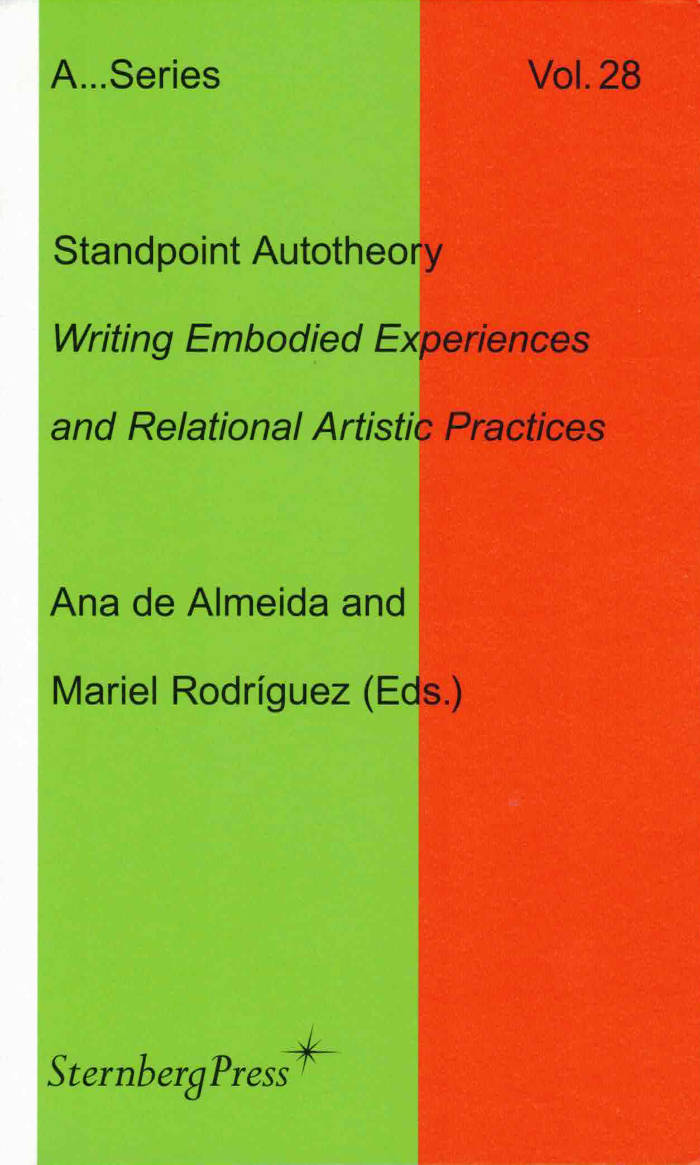
Why are they so afraid of the lotus?
Kim Nguyen ed., Jeanne Gerrity ed.
Based on questions raised by the work of filmmaker Trinh T. Minh-ha, the second volume of the Wattis Institute's annual reader includes new writing and art by Ranu Mukherjee, Kathy Zarur, Shylah Hamilton, Astria Suparak, and Tamara Suarez Porras, as well as written and visual contributions by Trinh T. Minh-ha, Mei-mei Berssenbrugge, Sky Hopinka,Christina Sharpe, Christine Wang, Camille Rankine, Dionne Brand, Renee Gladman, Theresa Hak Kyung Cha, Kameelah Janan Rasheed, and Steffani Jemison, among others.
What does the promise of "speaking nearby" rather than "speaking about" look like today? What are the politics of hospitality? What are the problematics of "postfeminism," and how do we challenge the West as the authoritative subject of feminist knowledge? What are the ways that language can be a site of rupture? How do we generate mistrust in the "well-written," and how can poetry be a radical act of refusal? How can we be subjects that believe in land and not borders? What influence has technology and digital space had on the "making and unmaking of identity"? How do we navigate a cyclical eruption of decolonizations?
The Wattis Institute's annual reader, A Series of Open Questions, provides an edited selection of perspectives, images, and references related to the Wattis's year-long "On our mind" research seasons. Each volume includes newly commissioned writing by members of the research season's core reading group, as well as text and visual contributions by a diverse range of other artists and writers. The title of each reader takes the form of a question and becomes, as new books are published, a gradually evolving series of open questions.







